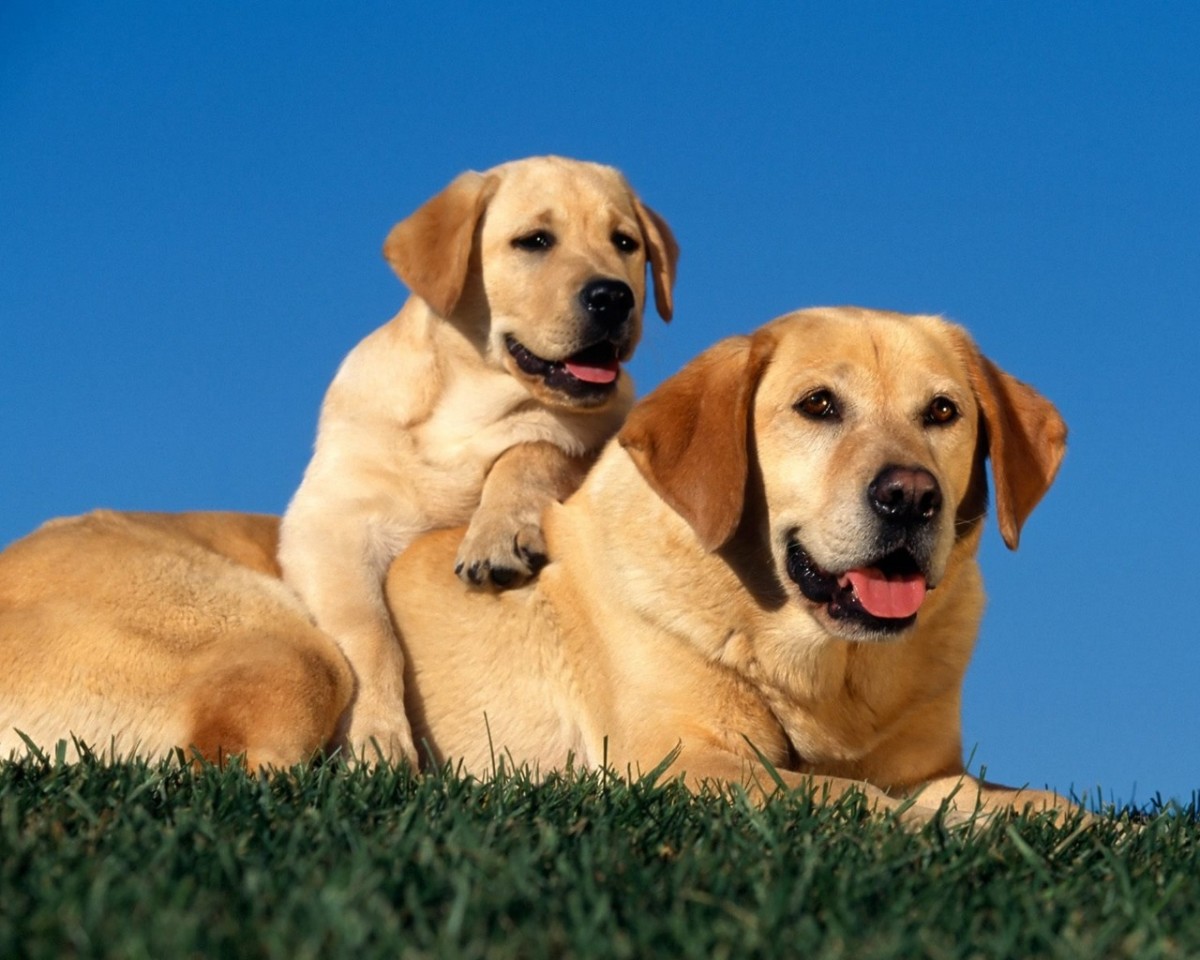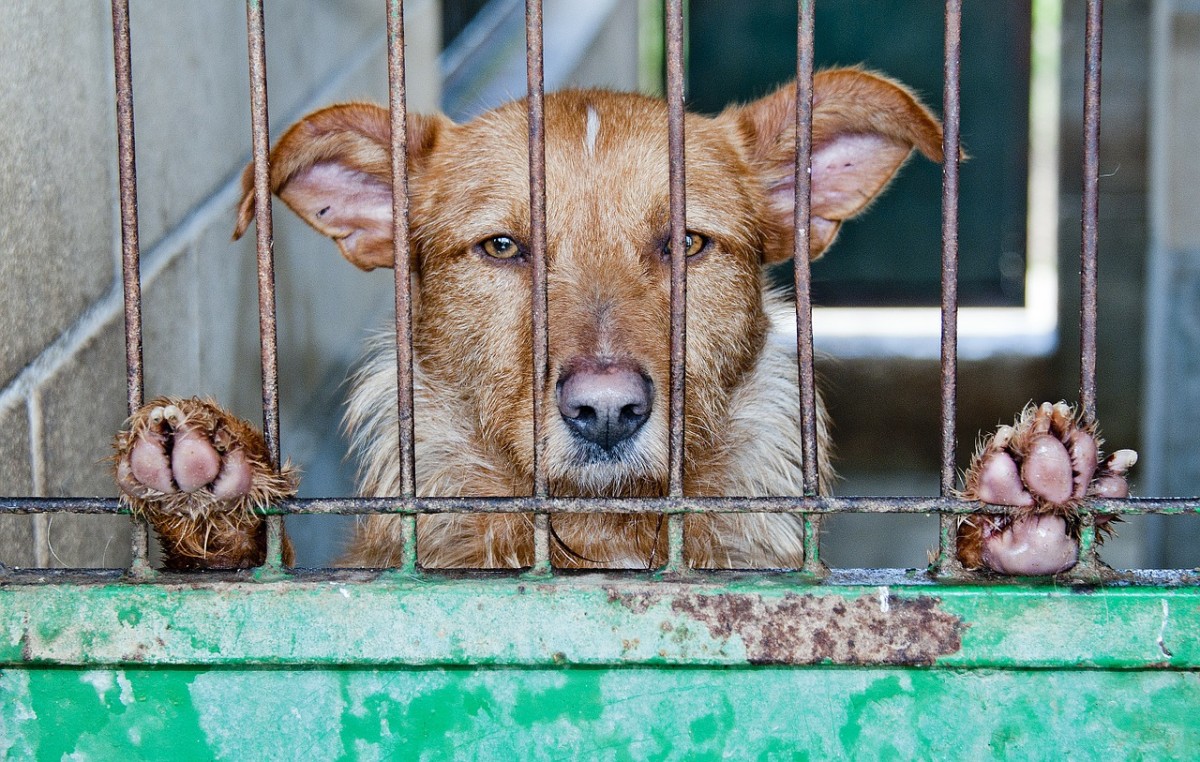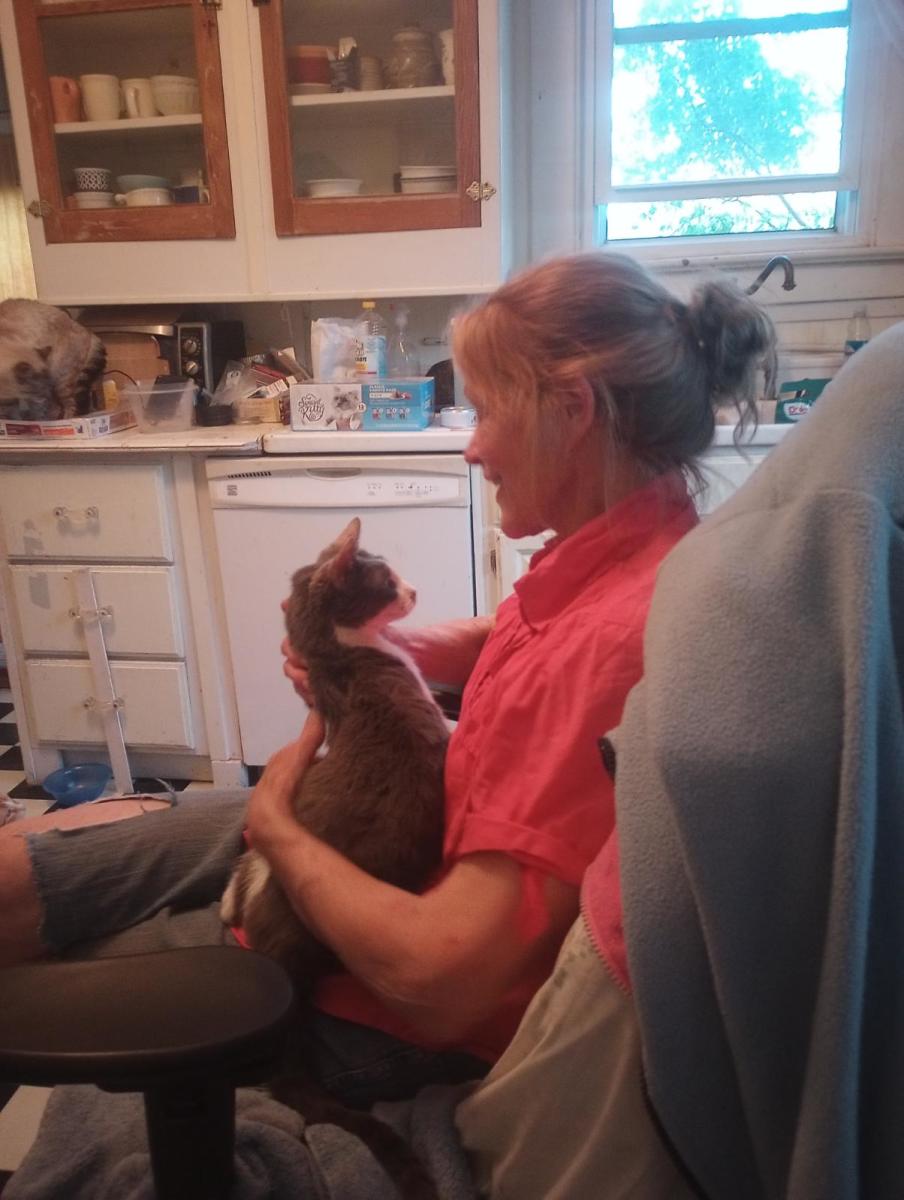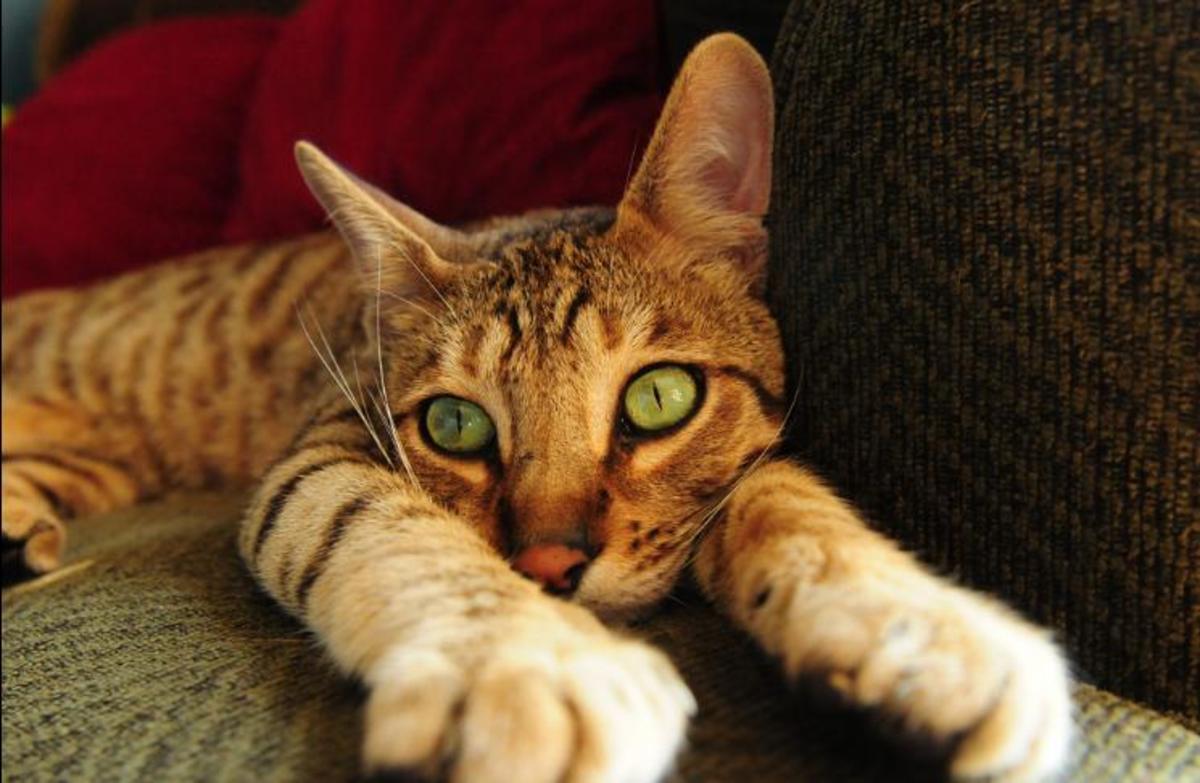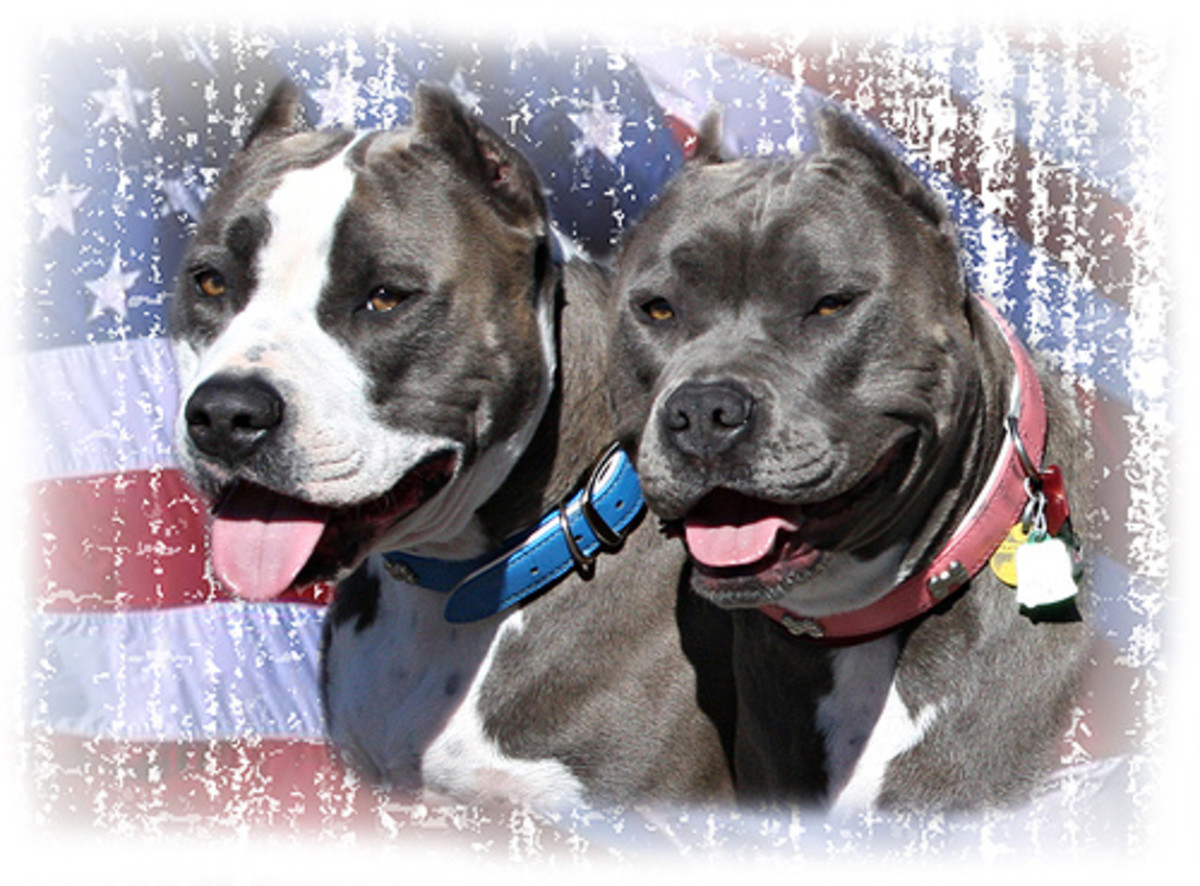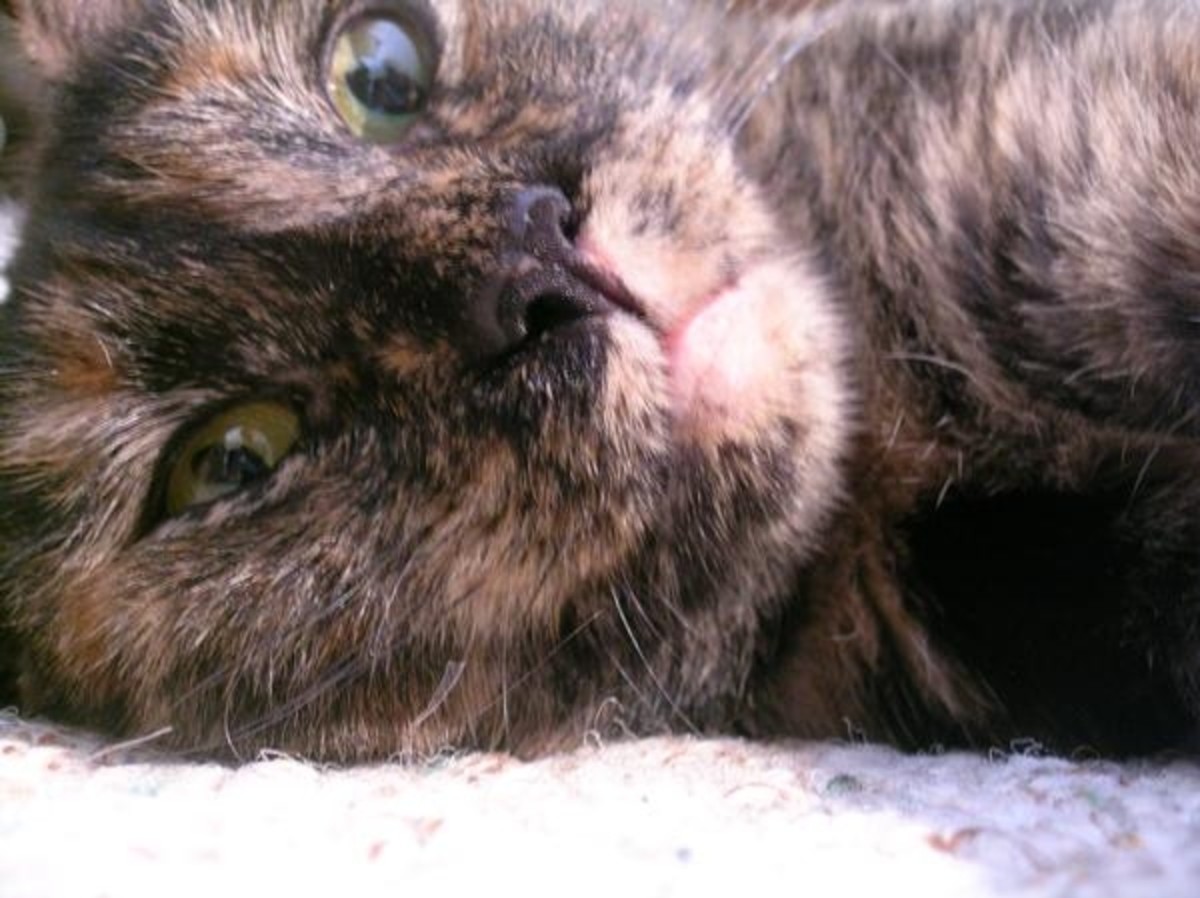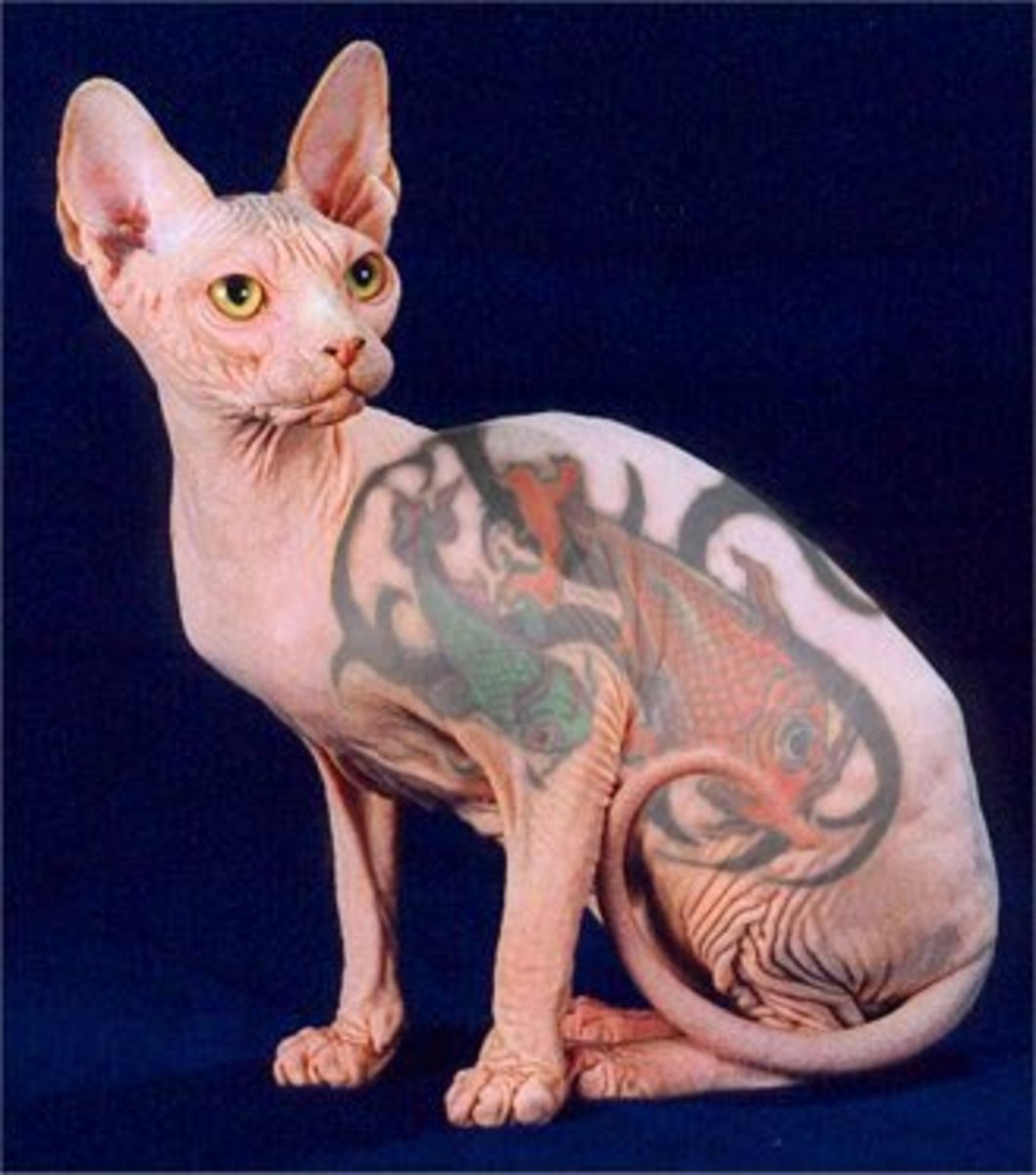Compassion Fatigue - What Is It And Who Does It Affect?

What Is It?
Compassion Fatigue or “burn out” is seen among caregivers in several spectrums: Animal Welfare, Nursing Home Staff, Fire Fighters, Police, Military Personnel, Child Welfare, etc. It is the emotional trauma experienced by those caring for people or animals that are helpless, suffering or traumatized. Studies are consistently showing that animal care professionals are ranking number one on the list of professions subjected to compassion fatigue. Medical professionals are a close second, especially those working in hospice and nursing homes because they are faced with the death of those they care for on a daily basis.
Why Number One?
Unlike other professions, the animal care field is the only one where the same people committed to doing something about the pain and suffering of their charges are also the ones ending their lives.
An animal care giver is often subjected to a hostile public that rarely, if ever, understands their jobs. They are usually required to shove the emotions down deep while trying to educate people that don’t want the truth - not too many people want to, or can, face the realities of what goes on in the shelter or out on the streets. Chances are that if you've had an experience with someone working in a shelter that didn't seem to care, or didn’t shed tears with you as you expected when you turned in your pet, you were just face to face with compassion fatigue. It’s not that they don’t care, there's nothing left inside for people, only the animals get their tears now.
Stages Of Compassion Fatigue
Stage One - You're a zealot. Full of energy and a desire to make a difference and you know you can do it.
Stage Two - Withdrawal - Things aren't what you thought they were, nothings changing. You're tired and you are starting to ignore your family and friends, up go the walls.
Stage Three - Anger / Irritability - Now you're pissed. Anger turns outward and you hate everyone unless they are like you. You'd love to be able to euthanize the people turning in the animals - that would make it all better. You've pushed away your friends and family is on their way out too.
Stage Four - Acceptance / Understanding - You do make a difference, maybe only in your town, but you matter. You get the big picture - you can and are making things better. Down come the walls.
My Story
I started working in a small shelter. I was so excited! I get to go in and play with the animals every day - and get paid to do it!! I’d have done it for free if I could have lived without money.
My first few weeks were great. I couldn’t wait to get to work and didn’t want to leave at the end of the day. I was making a difference. I found homes for unwanted animals. I cleaned up after them, fed them, played with them, scratched behind ears, threw a ball, watched kittens chase after feathers on strings. Man, I LOVED IT! (Stage One)
And Then
A few weeks into the job I saw my first litter of kittens put down. It’s ok, they were sick anyway, it was for the best. Shake it off. Then animal control brought in an owner turn-in. A beautiful Collie. He was so pretty and I knew we would find him a home. For some reason, he couldn’t get out of the truck by himself. So, I helped lift him out of the truck. He could walk, sort of. As we were walking through the shelter I couldn’t help but talk to him - the animal control officer never said a word, he knew. Several steps into the building I noticed something odd - several white, fat, wiggling things behind the dog. No matter where he walked, there they were. OMG! Maggots! Hundreds of them falling off the dog! As an outside dog something had happened to him and the owner didn’t seek medical care. One thing led to another and animal control was called. That was my first assist on euthanasia. Yeah, he was better off but how could someone do that to an animal.
Animals love unconditionally and this is the payback.
It didn’t make me quit. I was on a mission now. People had to see, things would change and I would be on the front line of that change. Little did I know that those same words were on the lips of everyone in the field.
I tried. I talked to everyone that came into the shelter about responsible pet ownership, spaying and neutering, whatever I could teach them. My responsibilities grew and next thing I knew I was the one having to make that “list” - the shelter was full so someone had to go.
None of those decisions were ever made lightly. Heartache was in every name I wrote on those lists - names, not numbers. No animal in our shelter was ever just a number, each and every one got a name.
Moving Up
Before long I was qualified enough to work in a vets office so off I went. It would be different there. People go to the vet to take care of their animals, right? Ha.
I did good there and learned so much. Things were ok, except guess what - I couldn’t tell people they were bad owners and I couldn't keep them from getting a pet without being educated about all the important things - they paid the vet and if he didn't get paid neither did I. Damn.
Somewhere down the line I also took on a job as a part time animal control officer.
(Stage Two hit me a little slow)
Back To The Shelter
About a year down the line my old shelter switched leadership and guess what - I could come back as shelter director and become a certified euthanasia tech. Off I went again.
It didn't take long for us to bump heads. The new people in charge seemed to want quantity of homes where I wanted quality. Animals were crowded in the shelter worse than ever and I almost lost my new job over a litter of pups that the animal control officer euthanized because there was no where to keep them except the bathtub.
I was there for a while and then transferred up to the main shelter as an adoption coordinator and kennel worker. There I became a licensed humane investigator. I had ended the animal control officer job since I couldn't be there as much.
Now I got exposure to animal hoarders, unlicensed breeders, direct contact with abusers at their homes. Great - just what I needed. Compassion Fatigue wasn't a problem yet - or at least I didn't think so.
My Own Shelter
We got a new shelter director and as soon as I could I got out of there. I took a job as shelter manager at another shelter. I had training out the wazoo and a staff that had no clue about testing procedures for disease and parasites. It was a match made in heaven.
I taught my staff well and had a mostly loyal following. Animals were no longer put down for runny noses or diarrhea, they were tested and treated. We had 3 humane investigators and 5 euthanasia techs. I was still in an ok place. The very first case of animal torture prosecuted under the new Illinois law was mine - and I won. It wasn't a long sentence but it was a start.
Somewhere down the line here things started to go bad. I had an employee that I couldn't fire that constantly broke the rules - sometimes to the detriment of the animals in our care- and a board president that wouldn't stand up to her either. Things became strained and before I knew it full blown compassion fatigue was there. I had been to classes on it, but hey, I was a professional and I was a strong person. Things like that didn't happen to me.
But they did. It was a culmination of things - the board not seeing the problems with that employee, the public in their continuing mission to make pet overpopulation my fault and responsibility, the euthanasia of my animals - because they were mine, each and every one of them were under my care and I loved them. All of it was just too much.
(Stage Three in all it's glory)
Staying In Stage Three
One of the worst things anyone ever said to me - and it was several people and happened often - was the line “I could never work here, I love animals too much.” So what are you saying - that I hate them because I do work here? That I am an uncaring, unfeeling person because I give up holidays, birthdays and family time to come in and care for the animals that you won’t or can’t care for? That I obviously can’t care about them since I have to euthanize them? Does it matter to you at all that I have to hold each and every one of them as their life ends because I care too much to let them go scared and alone? But no, you can’t work here because you love them too much. Get out of my shelter! I never did say all of that to anyone but I felt it. I did say the last part though…once.
I didn't come to full terms about where I was until I started voicing out loud what was going through my head with customers - in front of my staff no less. The topper was when I responded to a customer that said he needed a dog that would bite. I said “No, what you need to is to get the %$@# out of my shelter. It was time to go. I had had enough.
I still wouldn't admit I had a problem. I do know that if anyone had given me a button and said this will wipe out all human life, I’d have pushed it without a second thought. How does someone in that place find homes for the animals in their care? They don’t, or at least not enough homes.
Get Help
This is where compassion fatigue comes from. The constant exposure to suffering and trauma. Anger, resentment, fatigue, drinking, drug use, exhaustion, hatred, the list goes on. As an animal welfare worker, if this at all sounds like you then you need to do something about it now. Petfinder.com offers an excellent resource for learning more and helping yourself recognize and deal with it. You can also look up Doug Fakkema, he spoke to us at our shelter, but I wasn’t at my bad point just yet and was in denial when I did get there. I also recommend that people who don’t work in the field take a look. It’s hard to see where that shelter worker is coming from if you don’t have a clue what they are exposed to every day.
Stage 4
I know leaving the shelter was hard for me, but I had no friends that were outside the animal welfare field, no family support - how could they support what they didn’t understand and I refused to acknowledge, and was just tired of it all (another sign).
I promised I would come back to visit. I didn’t. I’ve only been back once in 7 years, to help with a spay clinic for cats. I think I could go back now and maybe one of these days I’ll give it a shot. Not because I think things have changed, they haven’t very much, but because I miss the animals and I should share what I know. Even though it doesn’t make a difference to all of them, a difference to one matters - you know that story…
A young girl was walking along a beach where thousands of starfish had been washed up during a storm. When she came to each starfish, she would pick it up, and throw it back into the ocean. She had been doing this for some time when a man approached her and said, “Little girl, why are you doing this? Look at this beach! You can’t save all these starfish. You can’t begin to make a difference!”
The girl seemed crushed, suddenly deflated. But after a few moments, she bent down, picked up another starfish, and hurled it as far as she could into the ocean. Then she looked up at the man and replied, “Well, I made a difference to that one!”
Final Thoughts
I hoped this has helped someone. I know this was painful to write - part of me still sees this as a weakness and I hate to have to admit that I was ever there. I didn't expect to cry while writing this, but I did - still am.

